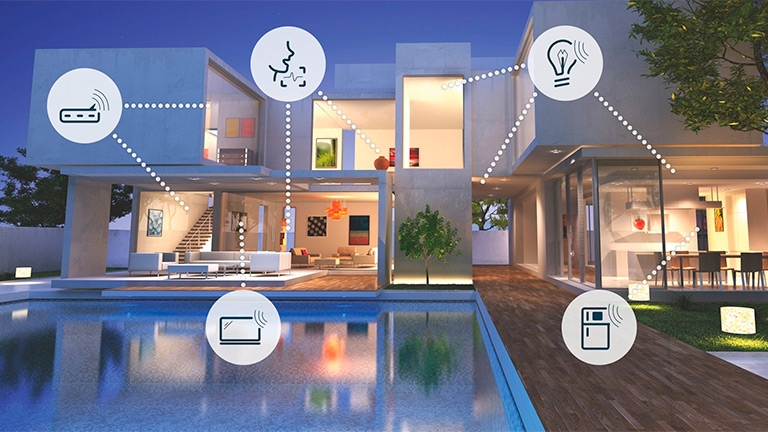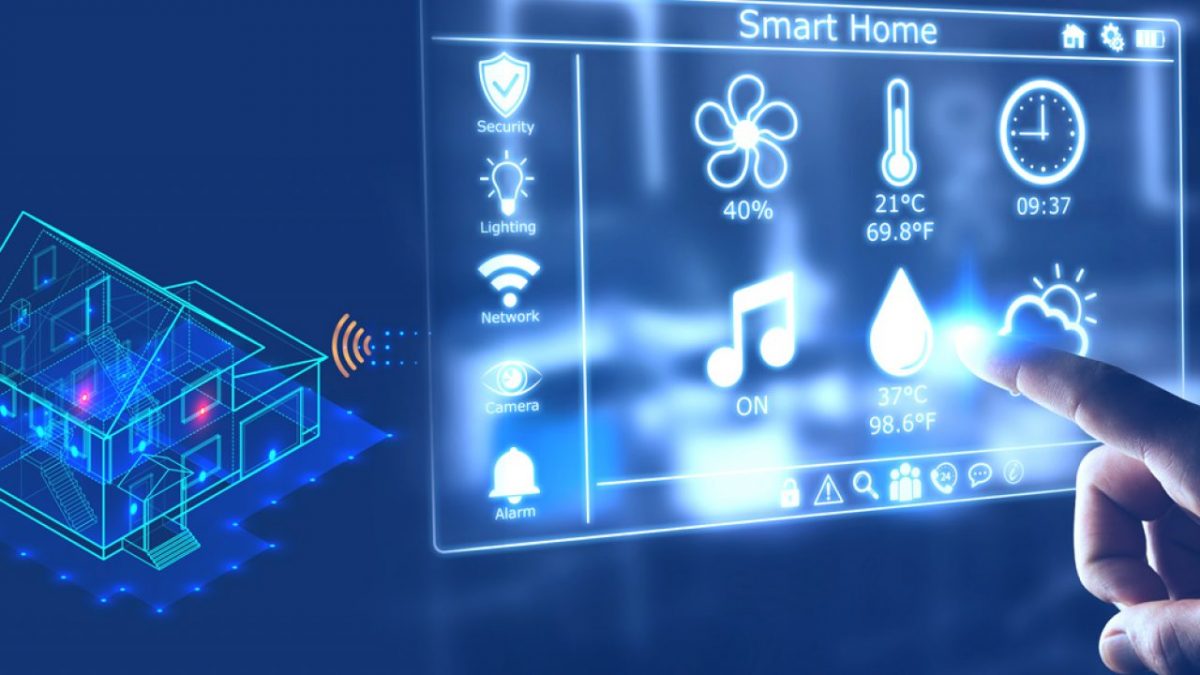The concept of next generation smart homes is transforming the way we interact with our living spaces. These homes are not just about convenience; they represent a shift towards a more efficient, safe, and interconnected lifestyle. For homeowners and businesses, understanding the potential of these advancements can lead to significant enhancements in daily living and operations.
In the initial stages of the smart home revolution, the focus was primarily on convenience and novelty. However, as technology evolves, so do the capabilities of smart homes. The next generation smart homes are equipped with advanced features that not only make life easier but also more secure and energy-efficient. From voice-activated controls to AI-driven insights, the future of smart homes is bright and promising.

The Rise of Intelligent Living Spaces
Smart homes of the future are designed to be intuitive and responsive to the needs of their occupants. With the integration of Internet of Things (IoT) devices, these homes can learn and adapt to individual preferences, providing a personalized living experience. According to a recent article on AI predicting homeowner needs, smart homes are increasingly becoming adept at anticipating the requirements of their users.
Energy Efficiency and Sustainability
One of the most significant advantages of next generation smart homes is their focus on energy efficiency and sustainability. By utilizing smart thermostats, lighting systems, and energy management tools, these homes can significantly reduce energy consumption. This not only lowers utility bills but also contributes to a more sustainable environment. For more insights on this, you can visit homes without switches.
Enhanced Security Features
Security is a top concern for homeowners, and smart homes are stepping up to the challenge with advanced security systems. From smart locks to surveillance cameras that can be accessed remotely, the next generation smart homes provide peace of mind. These systems are designed to detect unusual activities and alert homeowners in real-time, ensuring that their homes are always protected.
Integration of AI and Robotics
The integration of artificial intelligence (AI) and robotics is another exciting development in the realm of smart homes. With AI, homes can analyze patterns and optimize settings for comfort and efficiency. Robotic assistants, as discussed in this robotic assistants article, are becoming more common, handling daily chores and tasks with ease.
Seamless Connectivity
The future of smart homes is deeply rooted in connectivity. Devices within a home are interconnected, allowing for seamless communication and operation. Whether it's adjusting the temperature, controlling lights, or managing security systems, the interconnected nature of these devices ensures a streamlined experience. For a closer look at this trend, check out voice-controlled homes.
The Role of Smart Assistants
Smart assistants play a crucial role in the functionality of next generation smart homes. They serve as the central hub for controlling various devices and systems within the home. With advancements in natural language processing, these assistants are becoming more adept at understanding and executing complex commands. Learn more about this in the hologram assistants article.
Preparing for the Future
As we move towards a future dominated by smart technology, homeowners and businesses must prepare for the transition. This involves understanding the capabilities of smart home devices and ensuring that their homes are equipped to handle the technological advancements. A helpful resource for this is the smart home installation checklist which provides valuable insights into the necessary preparations.
Challenges and Considerations
While the benefits of next generation smart homes are numerous, there are challenges and considerations that must be addressed. Privacy concerns, compatibility issues, and the initial cost of upgrading to a smart home are some of the factors that homeowners need to consider. However, with careful planning and research, these challenges can be overcome, paving the way for a more connected and efficient living space.
Conclusion
The evolution of smart homes is a testament to the incredible advancements in technology. Next generation smart homes are not just about convenience; they represent a significant leap towards a more sustainable, secure, and personalized lifestyle. By embracing these technologies, homeowners and businesses can ensure that they are well-prepared for the future of living.

FAQ
What are next generation smart homes?
Next generation smart homes are advanced living spaces equipped with the latest technology to provide convenience, security, and energy efficiency to homeowners.
How do smart homes enhance security?
Smart homes enhance security through features like smart locks, surveillance cameras, and real-time alerts that keep homeowners informed of any unusual activities.
What role do AI and robotics play in smart homes?
AI and robotics play a crucial role in smart homes by optimizing settings for comfort and efficiency, and assisting with daily chores and tasks.

